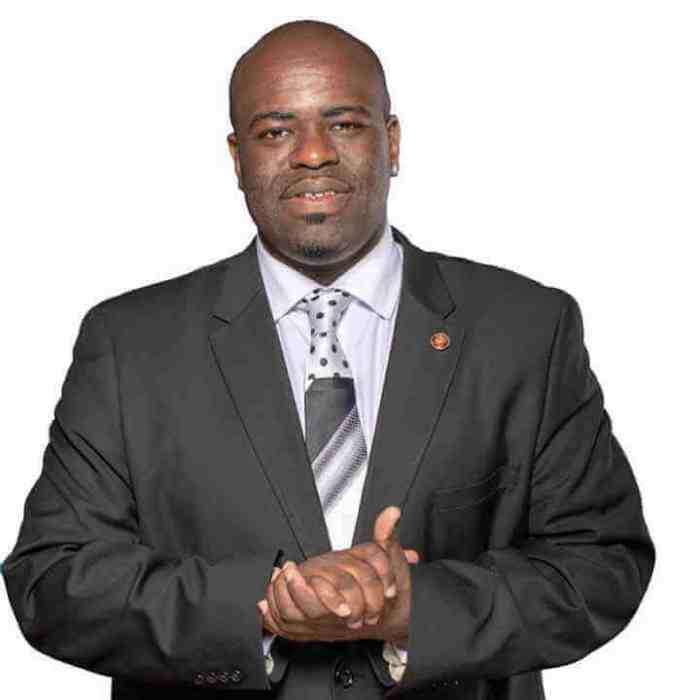By Gwladys Fouche
OSLO (Reuters) – Norway’s wealth fund will this year push the 9,200 firms it invests in to provide more and better data about their social and environmental impact and to do so regularly and in a standardized way.
The world’s largest fund, worth $1.1 trillion, was an early mover on corporate sustainability, addressing issues such as child labor and water consumption more than a decade ago.
An increasing number of institutional investors are now asking for non-financial data before they decide on whether to invest in a company or not.
As a broad fund invested in so many multinational firms, the fund has been keen to get access to non-financial data so that it can measure so-called “externalities” – how the impact of the activity of one company can affect the activity of another.
“In recent years, we have requested companies to go from words to numbers in their sustainability reporting,” Chief Executive Yngve Slyngstad said on Tuesday.
“We wish to see more relevant and comparable reporting … so that we, as an investor, can analyze the companies’ exposure to sustainability risks.”
The fund said corporate sustainability reporting should use established standards, starting with disclosures based on the Global Reporting Initiative Standards and Sustainability Accounting Standards Boards that are specific to a company’s industry.
For environment-related disclosures, including climate, water and information data, the fund wants companies to use the UK-based Carbon Disclosure Project as a basis.
The fund has welcomed the climate target of European oil companies and said that Europe in general had moved further on tackling climate change than other regions.
Those who are not performing as well need to provide a range of data to improve, said the fund’s Chief Corporate Governance Chief Officer, Carine Smith Ihenacho.
“In broad terms, we want to see what their CO2 emissions are, where it is. We want to see their policy on climate change. We want to see their goals for reductions and we want to see their report on performance against the goals,” she told Reuters.
“We want that for Scope 1, Scope 2 and for oil and gas companies, we say Scope 3,” she said on the sidelines of a news conference.
Scope 1 covers direct emissions from owned or controlled sources. Scope 2 covers indirect emissions from the generation of purchased electricity, steam, heating and cooling consumed by the reporting company. Scope 3 includes all other indirect emissions that occur in a company’s value chain.
(Reporting by Gwladys Fouche, editing by Terje Solsvik and Mike Collett-White)




















